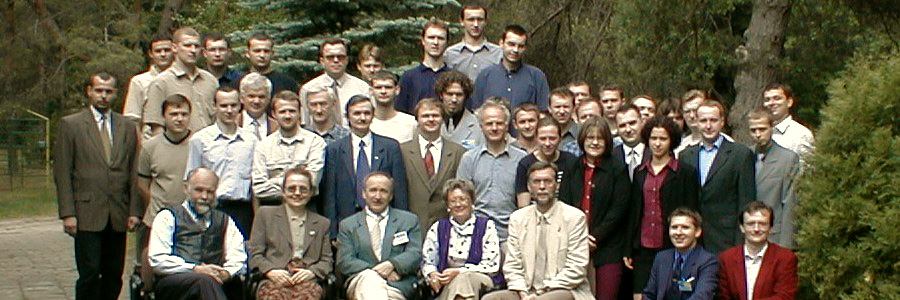
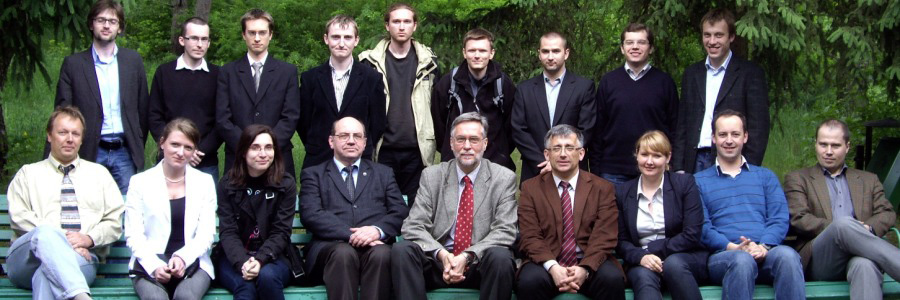

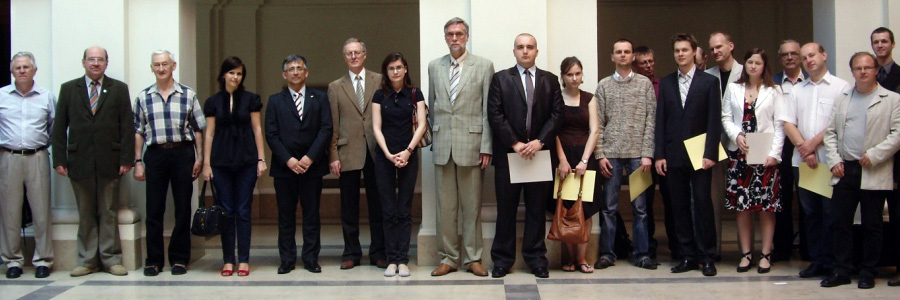
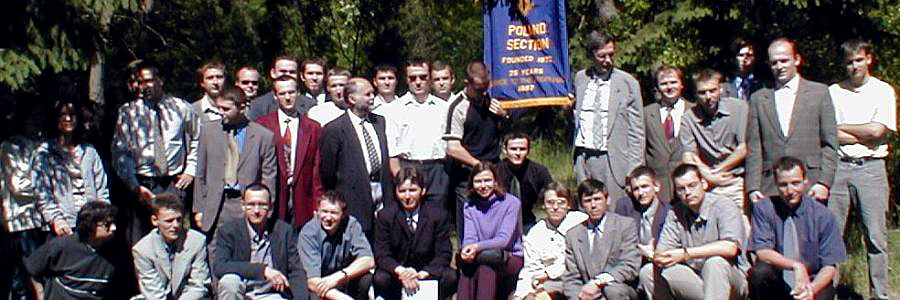
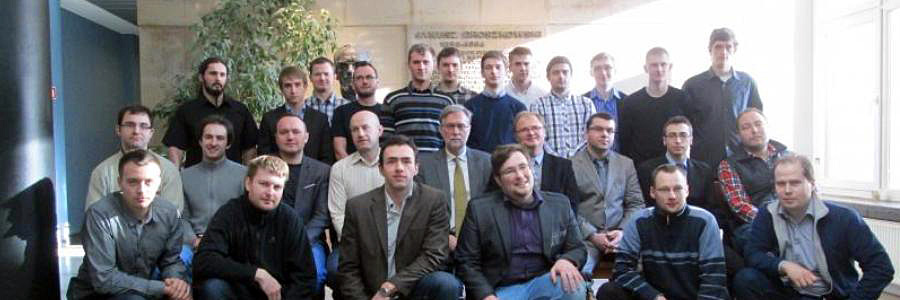
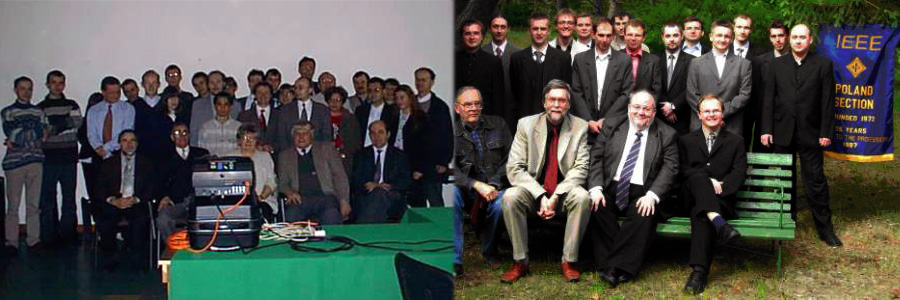
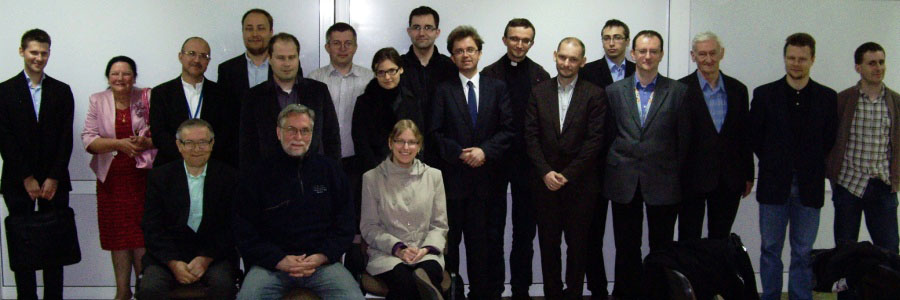
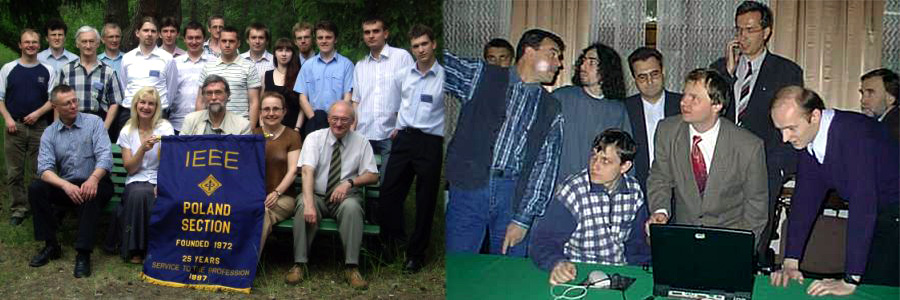
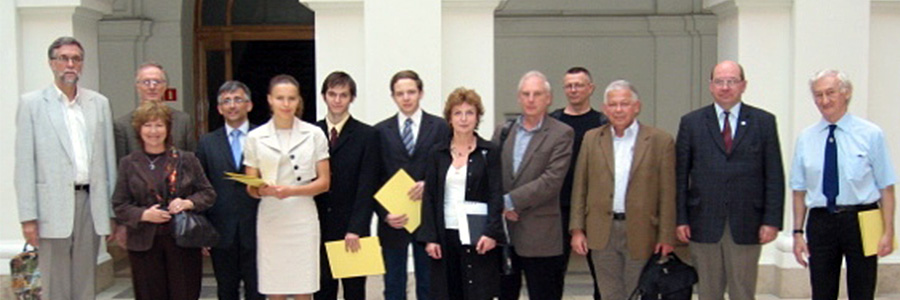

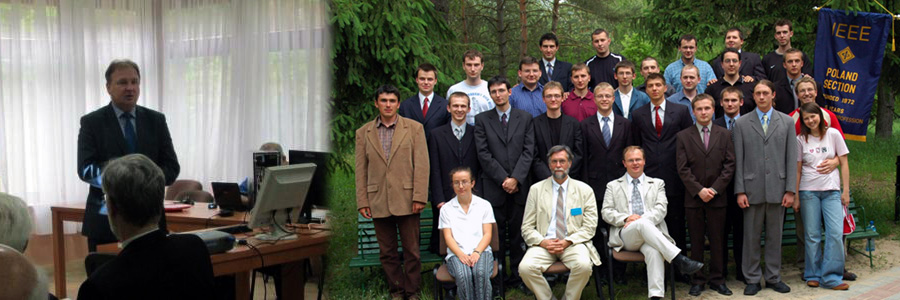
Low-power cryptographic coprocessor for autonomous wireless sensor networks
The concept of autonomous wireless sensor networks involves energy harvesting, as well as effective management of system resources. Public-key cryptography (PKC) offers the advantage of elegant key agreement schemes with which a secret key can be securely established over unsecure channels. In addition to solving the key management problem, the other major application of PKC is digital signatures, with which non-repudiation of messages exchanges can be achieved. The motivation for studying low-power and area efficient modular arithmetic algorithm comes from enabling public-key security for low-power devices that can perform under constrained environment like autonomous wireless sensor networks.
This paper presents a cryptographic coprocessor tailored to the autonomous wireless sensor networks constraints. Such system is aimed to support the implementation of different public-key cryptosystems based on modular arithmetic in GF(p) and GF(2m). Key components of the coprocessor are described as GEZEL models and can be easily transferred to VHDL and implemented in hardware.
Author: Jakub Olszyna









